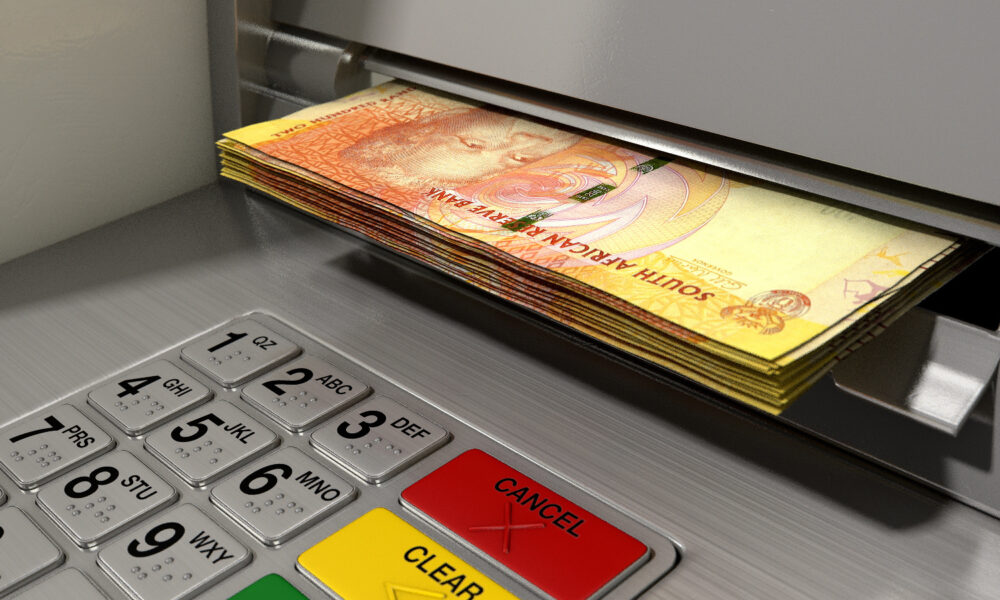Technological innovation in the last two decades has been fast and effective. We have seen many products – tangible and intangible- which have eased the way human beings interact, transact, solve problems, and render services. Technological innovation in the banking sector has been particularly fast-paced, precise and effective in many cases. However, such convenience to customers has come at a price –monetary and non-monetary.
Intelligent Deposit Machines are among one of such innovations in the banking industry. These cash-accepting ATMs have allowed customers to skip long queues in banking halls; freeing up time for other activities. Though customers still go to banking halls to make small deposits, some technology-friendly and tech-savvy customers prefer to utilize the opportunity to save time. In Ghana, for example, IDMs have become popular with small business owners, self-employed artisans and individuals who deposit small amounts of cash.
Related: How to use ATM cards to withdraw cash
This practice also opens up financial institutions to accepting cash obtained from illegal sources or activities. As long as the deposit sizes are within the acceptable daily limits set for these intelligent deposit machines, customers can deposit small sizes numerous times. Depositing cash at ATMs takes away the human interaction and verifications that come with depositing in banking halls. This makes the process susceptible to money laundering, when proceeds of crime and other illegal activities find their way into the financial sector via IDMs.
Mobile commerce is also on the rise especially in Ghana, Kenya, Nigeria and other sub-sahara African countries. In Ghana for instance, mobile money accounts held at commercial banks is reported to have hit GHc2.2billion (about $500m). Loading cash unto mobile money wallet is quite a simple process, with very little consideration at the vending points for potential of introduction of illegal proceeds into the financial system.
Going forward, clear guidelines on the use of cash-accepting ATMs should encourage financial institutions to file detailed reports on deposits made at the ATM. Financial institutions and industry regulators should also improve their systems for tracking movements of such funds throughout the financial system.
Related: Wala: The free digital bank account that allows deposits and withdrawals at ATMs
In Australia, there is a reported incident of a billion-dollar money laundering scandal with ties to the drug gangs of Hong Kong, via coordinated and repeated deposits at IDMs. Compliance frailties have been cited as one of the reasons for the occurrence of the money laundering incidents, as management of the implicated financial institution is held responsible.
